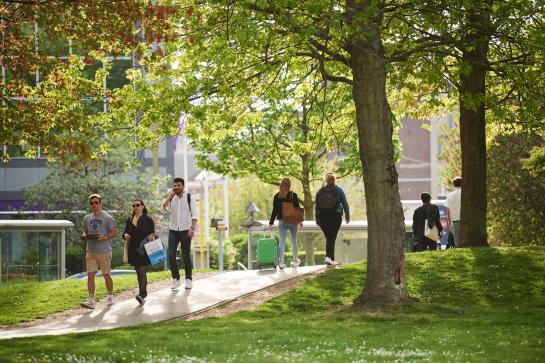
The TOR research group has been conducting time-use research since 1982. Together with hbits, a Vrije Universiteit Brussel spin-off, TOR launches the time-use survey to map out the consequences of the corona crisis on daily life. What has changed, how do we adapt and what long-term effects can this have?
The study is available in Dutch, English and French. You can find the survey on https://www.everydaylife.eu/
Results
2,675 people filled in a preliminary questionnaire, and 633 respondents completed a diary for at least one full day, resulting in time-use data for a total of 3,352 days. Respondents were asked to register every activity they did over a period of seven days, noting the start and end time. After every registered activity, a number of contextual questions were asked. This gave respondents the opportunity to indicate if they spoke with someone during this activity via telephone or a video conversation (eg Skype, WhatsApp, Zoom…)
Anais Glorieux: “We analysed how telephone and virtual contact have gained a place in our daily lives. It’s noticeable that the over-70s have easily bridged the quarantine through contacts via phone and video chat.”
